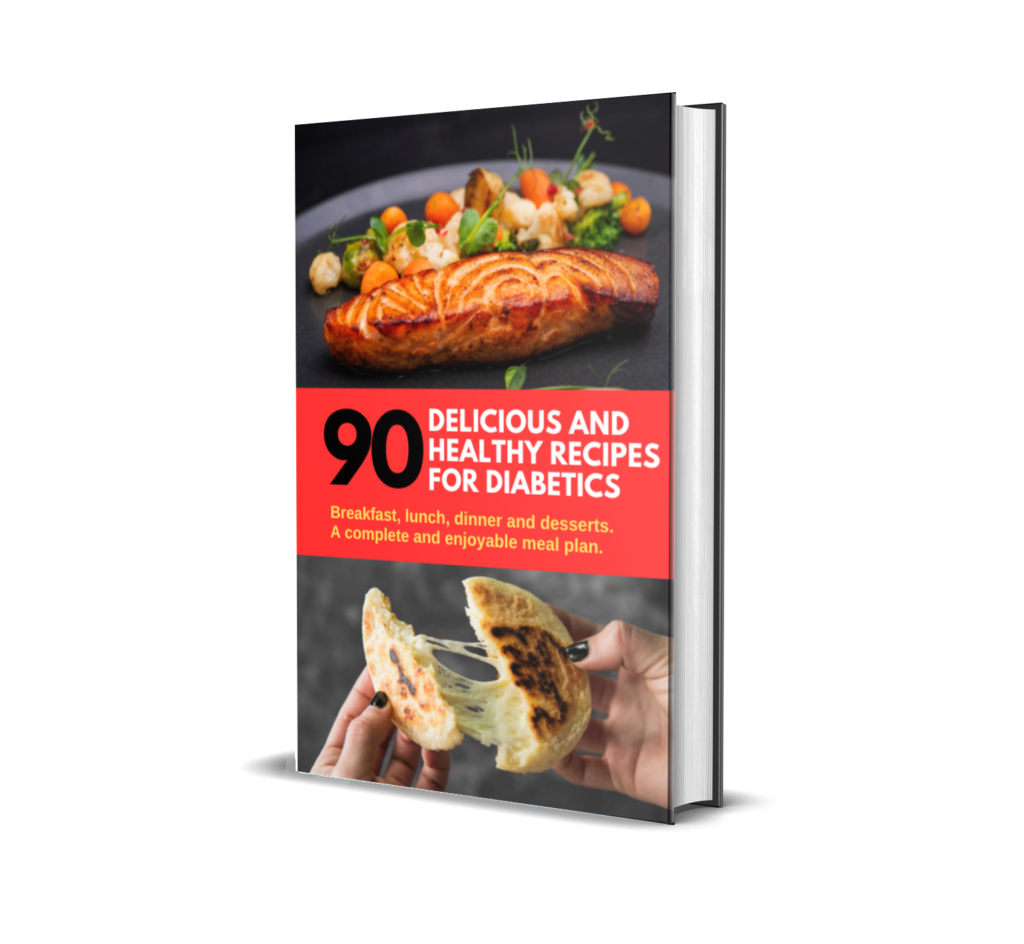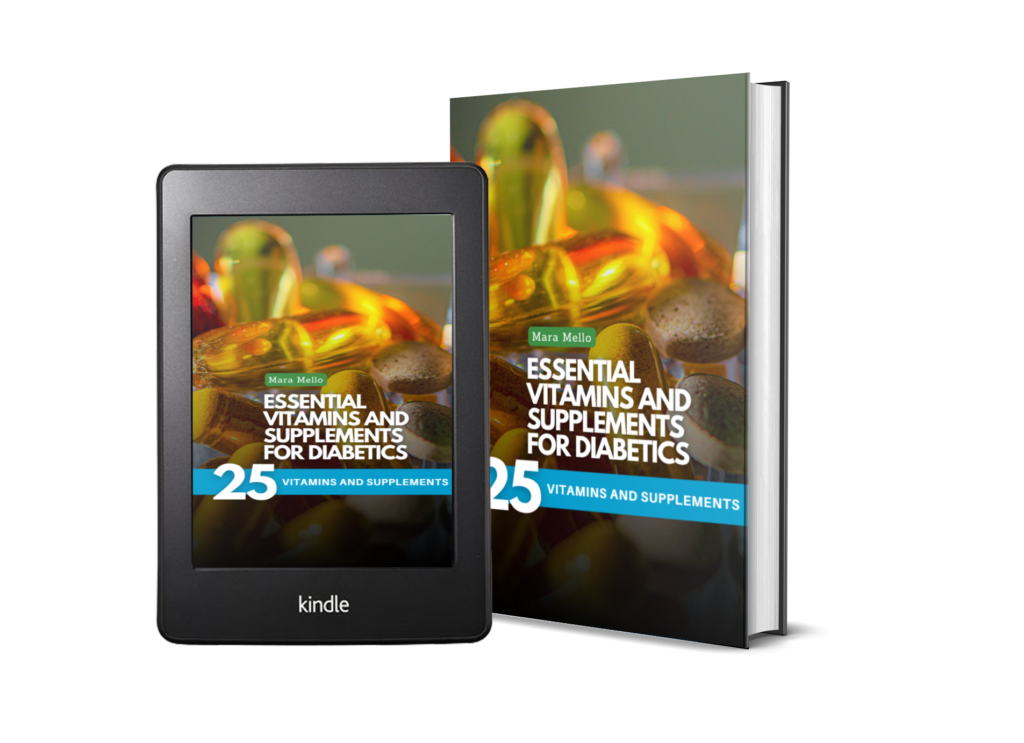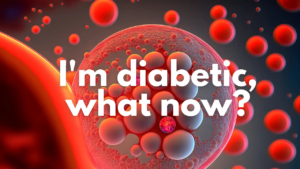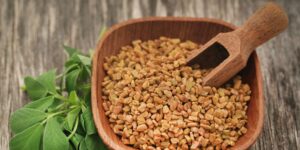Contents
- 1 Alert: The Global Insulin Crisis and How to Seek Alternatives for Diabetes Management
- 2 Why Is Insulin in Shortage? A Global Health Crisis
- 3 The Impacts of Insulin Shortages in Countries with High Diabetes Prevalence
- 4 Alternative and Complementary Health Practices: Is Type 2 Diabetes Remission Possible?
- 5 Remission of Type 2 Diabetes: Is It Possible to Stop Being Insulin-Dependent?
- 6 Conclusion: The Insulin Shortage and the Path to Remission from Diabetes
Alert: The Global Insulin Crisis and How to Seek Alternatives for Diabetes Management
The global insulin crisis is not just a supply issue. It has turned into a public health emergency with profound implications for millions of people worldwide, particularly in countries with a high prevalence of type 2 diabetes. In recent years, increasing demand for innovative treatments and the restructuring of insulin production have led to shortages of the medication, directly affecting the lives of those who rely on it for daily treatment. This article will explore the causes of this crisis, its impacts on public health, natural alternatives that can assist in managing diabetes, and the possibilities of remission, based on recent medical research.
Why Is Insulin in Shortage? A Global Health Crisis
Insulin is a crucial hormone for controlling blood sugar levels and is a vital treatment for people with type 1 diabetes and many with type 2 diabetes. The insulin crisis has been exacerbated in recent years by several factors, including changes in pharmaceutical companies’ drug production strategies and the increasing demand for weight-loss medications like Ozempic and Mounjaro. These drugs, which primarily aim to assist in weight loss, have been prioritized over insulin production, especially by major pharmaceutical companies like Novo Nordisk.
In October 2024, The Guardian published an in-depth article about how Novo Nordisk, one of the leading insulin manufacturers, is reducing production of human insulin pens to prioritize the production of weight-loss drugs. Additionally, the decision to phase out these pens in favor of more advanced technologies has led to a shortage in the market, affecting primarily developing countries where type 2 diabetes is a growing epidemic. The shortage is not limited to one country but affects nations worldwide, such as the United States, Brazil, Mexico, and countries in Africa and Asia, where diabetes rates are alarmingly high.
Al Jazeera covered the insulin shortage issue in the United States, explaining how the lack of affordable insulin affects millions of patients who depend on the medication to manage their glucose levels. In countries like Brazil, the cost of insulin already represents a significant challenge for low-income families, making access to proper treatment a privilege for the few. In India and many parts of Africa, insulin shortages are a reality that threatens the health of an increasing population of people with diabetes.
The Impacts of Insulin Shortages in Countries with High Diabetes Prevalence
In countries such as the United States and Brazil, where type 2 diabetes has reached epidemic proportions, the lack of insulin can have devastating consequences. The shortage not only affects the lives of patients but also places an enormous burden on healthcare systems, which are already grappling with financial and structural challenges. In Brazil, for example, a study published by the Revista Brasileira de Diabetes showed that approximately 16 million Brazilians live with diabetes, many of whom do not have access to the insulin necessary for proper disease management.
When not properly managed, insulin shortages can lead to severe complications, such as blindness, amputations, and kidney failure. Patients with type 2 diabetes who cannot control their glucose levels are also at higher risk for heart disease, strokes, and even premature death.
Shortage Cases Around the World:
- United States: The shortage has been a growing reality, especially with the high demand for new weight-loss treatments. Stat News highlighted that Novo Nordisk has prioritized drugs like Ozempic, leading to reduced insulin production. This has left many insulin-dependent patients struggling.
- Brazil: The country is facing an increase in the prevalence of type 2 diabetes, but insulin continues to be expensive and scarce, compromising the proper treatment of the disease.
- Africa: In African countries like Nigeria and Kenya, access to insulin is limited, and many patients are forced to rely on alternative treatments, often without proper medical supervision.
- India: India, with its enormous diabetic population, struggles to ensure access to insulin. While the country produces a large amount of the drug, uneven distribution and inadequate funding affect access for many people.
Alternative and Complementary Health Practices: Is Type 2 Diabetes Remission Possible?
Amid this shortage, many people with type 2 diabetes are turning to natural alternatives to manage blood glucose levels. These practices can be highly effective, especially when combined with a healthy lifestyle. The concept of “remission” from type 2 diabetes is gaining attention, and several medical studies show that it is possible to reduce insulin dependence in many cases.
What Are Alternative and Complementary Health Practices?
Alternative and complementary health practices refer to natural, non-conventional approaches to disease treatment, many of which can be applied to managing diabetes. Among the most effective practices are:
Dietary Changes: Diet plays a crucial role in managing type 2 diabetes. Diets based on low glycemic index foods, such as vegetables, legumes, fish, and whole grains, help stabilize blood glucose levels. The ketogenic diet, which is high in healthy fats and low in carbohydrates, has also shown positive results in lowering blood sugar. Studies, such as the one published in The Lancet in 2022, suggest that dietary changes can help achieve remission from type 2 diabetes.
Physical Exercise: Regular physical activity, such as walking, running, and weightlifting, improves insulin sensitivity and helps control glucose levels. According to a study conducted by the American Diabetes Association, moderate exercise can significantly reduce the need for medications in people with type 2 diabetes.
Use of Medicinal Plants: The use of medicinal plants has proven to be an effective alternative for controlling glucose levels. The Guide to 25 Plants for Diabetes Management includes plants such as bitter melon, cinnamon, gymnema sylvestre, and ginger. These plants have properties that help reduce blood sugar, control inflammation, and improve insulin sensitivity.
Supplements: Certain supplements, such as berberine, chromium, and magnesium, have been associated with blood sugar control. These supplements can act as adjuncts to type 2 diabetes treatment, helping to reduce insulin resistance and improve glucose metabolism.
Remission of Type 2 Diabetes: Is It Possible to Stop Being Insulin-Dependent?
Recent clinical studies indicate that with proper lifestyle changes and dietary interventions, it is possible to achieve remission from type 2 diabetes. Remission does not mean a cure, but rather the normalization of blood glucose levels without the need for medications or insulin.
A 2023 study published in Diabetologia demonstrated that after one year of significant dietary changes and exercise, more than 40% of participants with type 2 diabetes achieved remission. Furthermore, the research emphasized that early interventions are crucial for successful reversal of symptoms. These findings are promising for people seeking natural alternatives to reduce their insulin dependence.

Start Healing Food today! Delicious recipes that nourish and blast your blood sugar. GET IT HERE!
Conclusion: The Insulin Shortage and the Path to Remission from Diabetes
The global insulin shortage is a serious threat to the health of millions of people with type 1 and type 2 diabetes. The impacts are even more profound in developing countries, where access to essential medications is limited. However, there are natural alternatives that, in addition to helping control glucose levels, may, in some cases, lead to remission from type 2 diabetes.
Alternative and complementary health practices, such as dietary changes, physical exercise, and the use of medicinal plants, have shown significant potential in managing diabetes. Additionally, medical supervision is essential to ensure that these approaches are safe and effective.
With the insulin shortage, the search for alternative solutions becomes even more relevant. If you are looking for natural ways to manage your diabetes, the Guide to 25 Plants for Diabetes Management is an excellent starting point. Additionally, remember that with the right changes, it is possible to reduce your insulin dependence and live a healthier life.
Sources:
- The Guardian: Weight loss drug firm Novo Nordisk insulin pen production
- Al Jazeera: What is behind the insulin shortage in the US
- Reuters: Novo Nordisk says it is gradually phasing out human insulin pens globally
- Stat News: Insulin and weight loss drugs
- The Lancet: Lifestyle changes and diabetes remission








